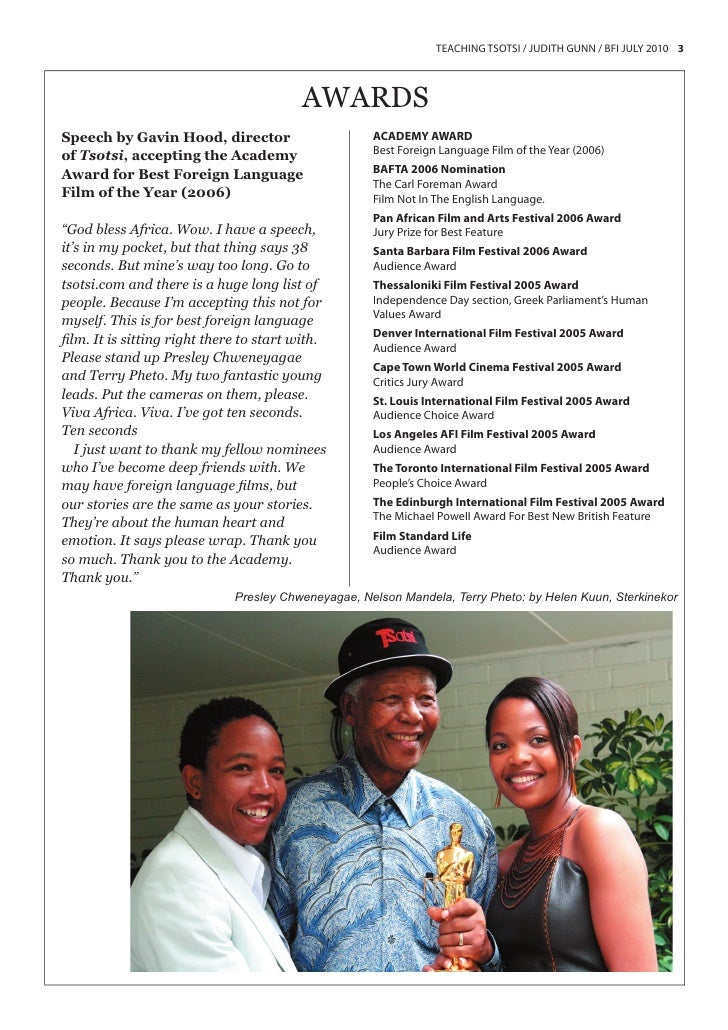
The Island By Athol Fugard Pdf To Excel
Athol Fugard, Master Harold.and the Boys. By her island's painful history - by what happened to her family, and between black people. This book explores the need to have right brain as well as left-brain skills to excel in the 21st. Statements PDF Book by Athol Fugard, John Kani, Winston Ntshona 1993 ePub Free Download. -The Island celebrates the strength of man's. Naruto shippuden english dubbed episodes torrent download.
Despite the many features that ground Antigone in the particular political ideology of fifth-century Athens, Sophocles' Antigone has 'spoken more to the modern imagination than any other Greek tragedy except perhaps his Oedipus the King.' 1 It may not therefore seem surprising that of all Greek plays Antigone is the most often revived, revised, or rewritten for performance in African and Caribbean countries. 2 Clearly the play exposes the nexus of the personal and the political as a fault line, calling into question the conventional verity that places loyalty to the state above family relationships and private conscience. 3 The Island represents a new intercultural approach to writing South African performance, finding common ground between indigenous African modes of storytelling and ritual performance and European approaches to postdramatic performance in a hybrid theater piece that inscribes Sophocles' text within a South African context. In 1973 the three leading members of Port Elizabeth's multiracial Serpent Players created a revolutionary piece of theater that, together with Sizwe Banzi is Dead (1972), ushered in a new era of South African political protest theater and constituted a new paradigm for postcolonial South African performance.
Alternative Title: Athol Harold Lannigan Fugard Athol Fugard, in full Athol Harold Lannigan Fugard, (born June 11, 1932, Middelburg, South Africa), South African dramatist, actor, and director who became internationally known for his penetrating and pessimistic analyses of South African society during the period. Fugard’s earliest plays were No-Good Friday and Nongogo (both published in Dimetos and Two Early Plays, 1977), but it was The Blood Knot (1963), produced for stage (1961) and television (1967) in both London and, that established his reputation. The Blood Knot, dealing with brothers who fall on opposite sides of the racial colour line, was the first in a sequence Fugard called “The Family Trilogy.” The series continued with Hello and Goodbye (1965) and Boesman and Lena (1969) and was later published under the title Three Port Elizabeth Plays (1974). Boesman and Lena, filmed in 1973 with Fugard as Boesman, played to a wider audience than any previous South African play; another was released in 2000. Fugard’s willingness to sacrifice character to symbolism caused some critics to question his commitment. Provoked by such, Fugard began to question the nature of his art and his emulation of European dramatists.
He began a more imagist approach to, not using any prior script but merely giving actors what he called “a mandate” to work around “a cluster of images.” From this technique derived the imaginative if shapeless drama of Orestes (published in Theatre One: New South African Drama, 1978), and the documentary expressiveness of Sizwe Banzi Is Dead (revised as Sizwe Bansi Is Dead), The Island, and Statements After an Arrest Under the Immorality Act (all published in Statements: Three Plays, 1974). A much more traditionally structured, Dimetos (1977), was performed at the 1975 Edinburgh Festival. A Lesson from Aloes (published 1981) and “Master Harold”and the Boys (1982) were performed to much acclaim in London and New York City, as was The Road to Mecca (1985; film 1992), the story of an older woman about to be confined against her will in a. Throughout the 1970s and ’80s Fugard worked to create and sustain theatre groups that, despite South African drama’s particular vulnerability to, produced plays defiantly indicting the country’s policy. After the dismantling of apartheid laws in 1990–91, Fugard’s focus turned increasingly to his personal history. In 1994 he published the Cousins, and throughout the 1990s he wrote plays—including Playland (1992), Valley Song (1996), and The Captain’s Tiger (1997)—that have strong autobiographical elements.